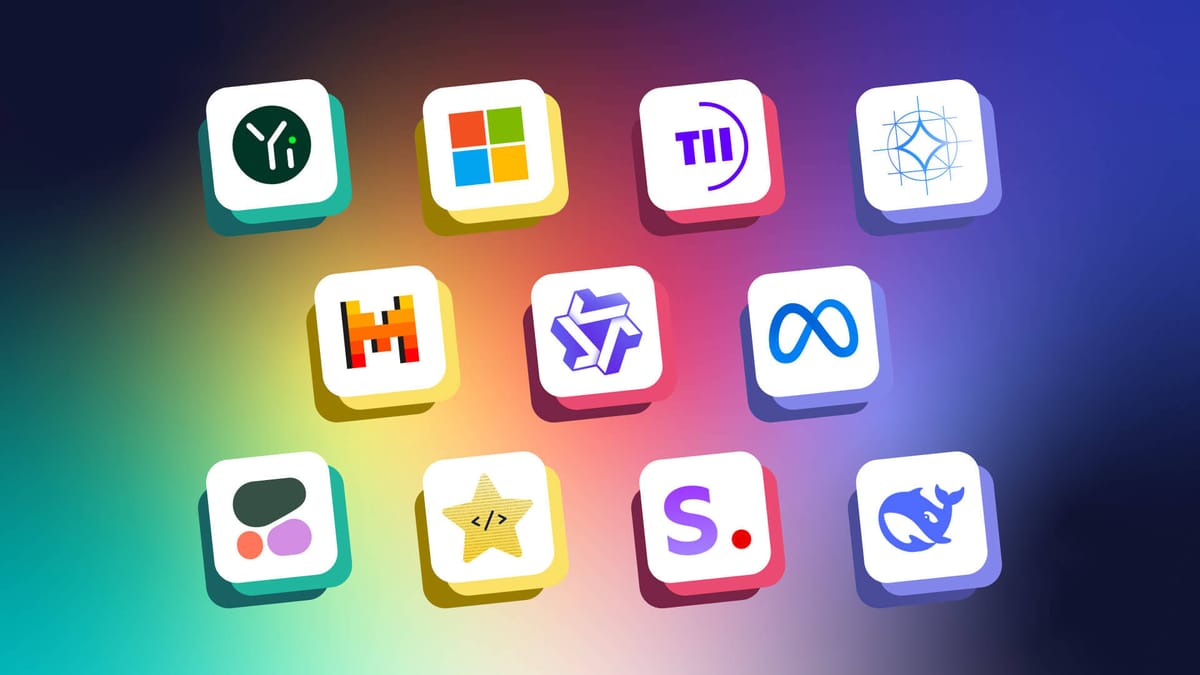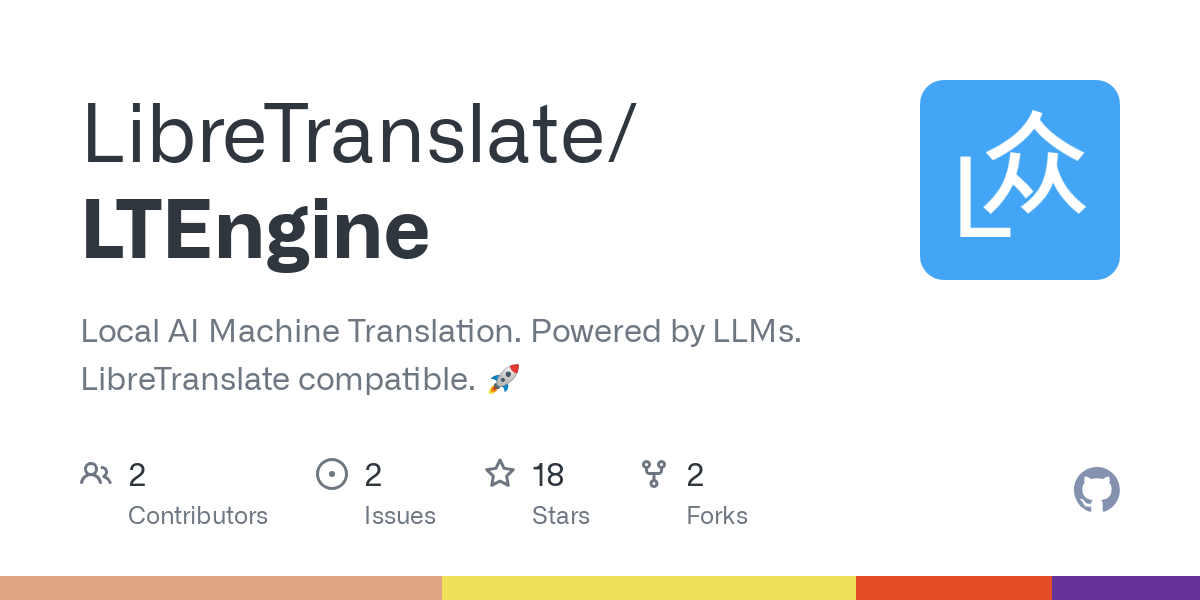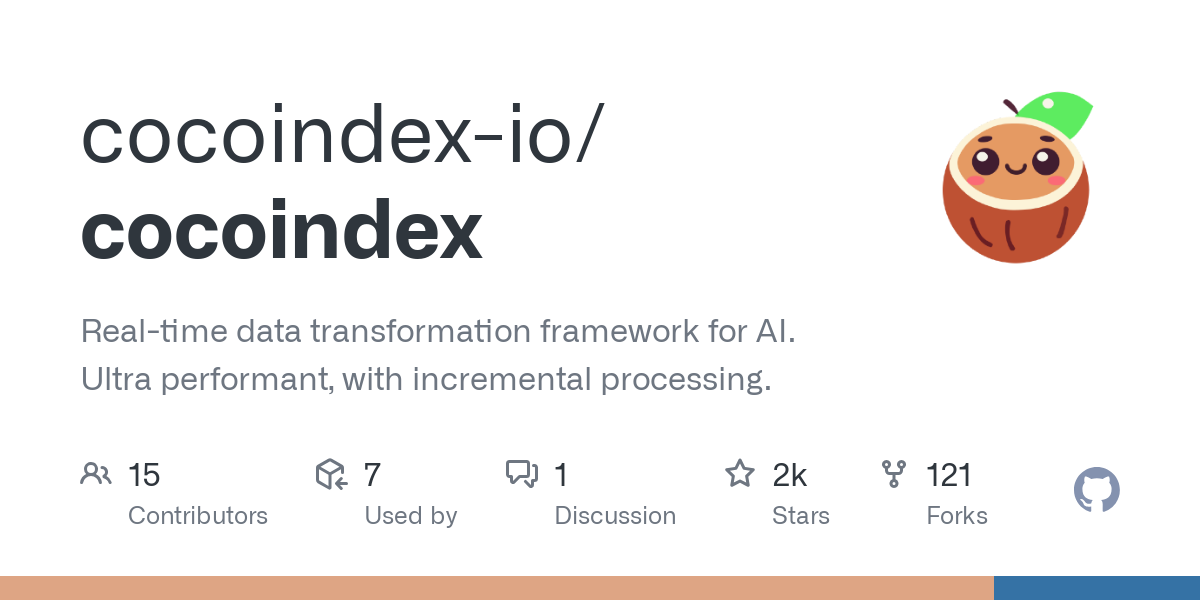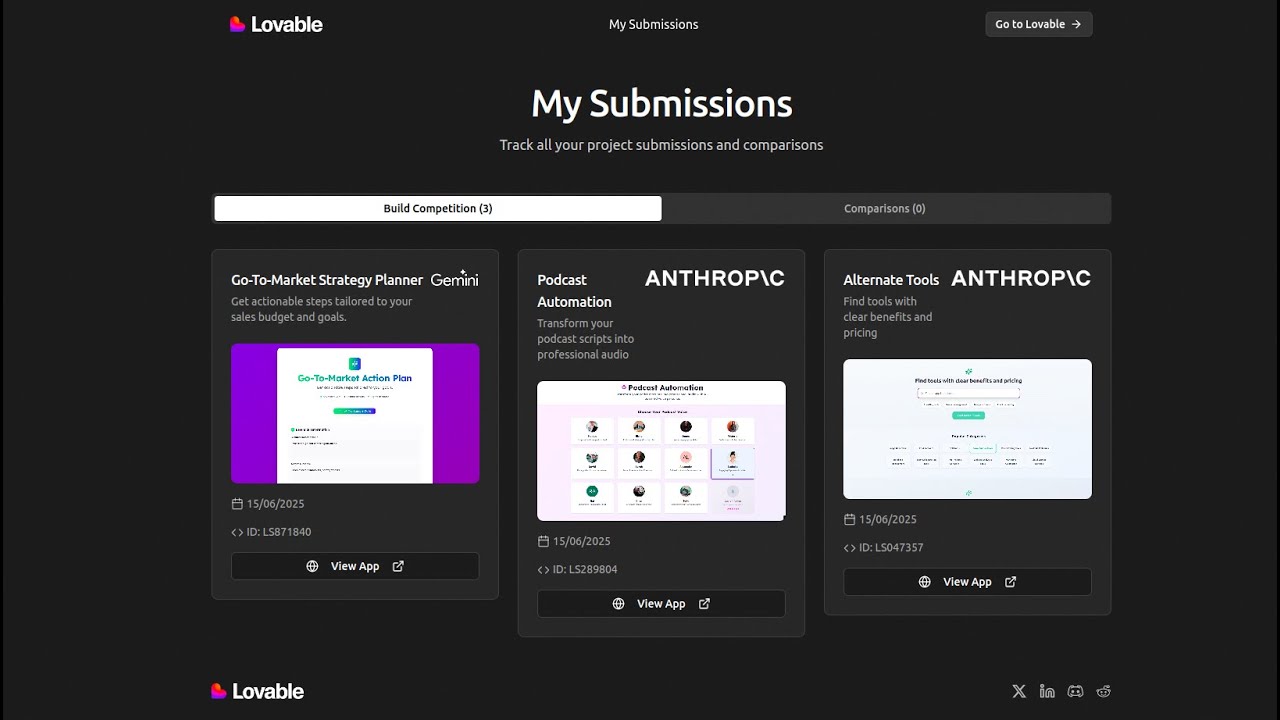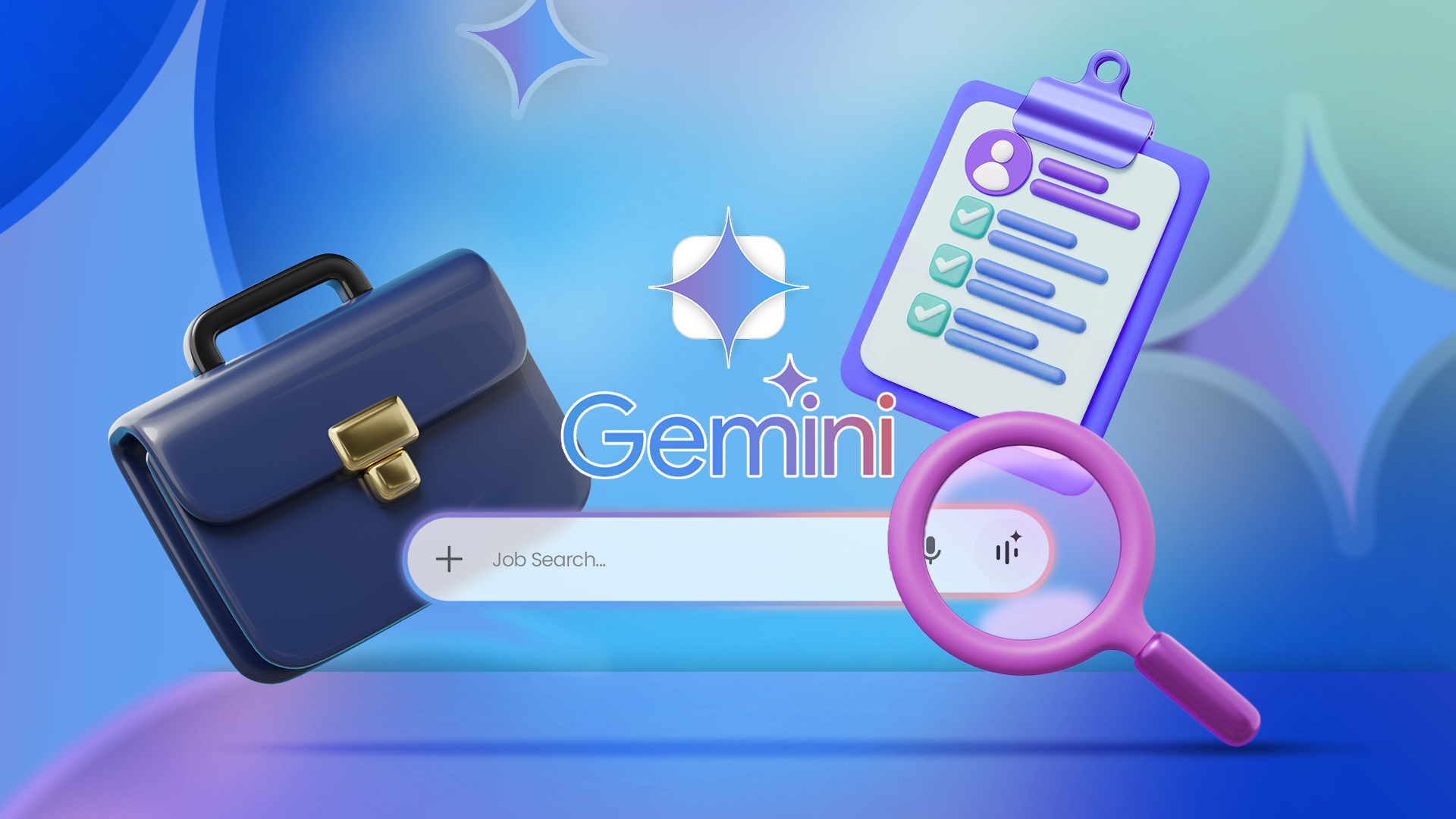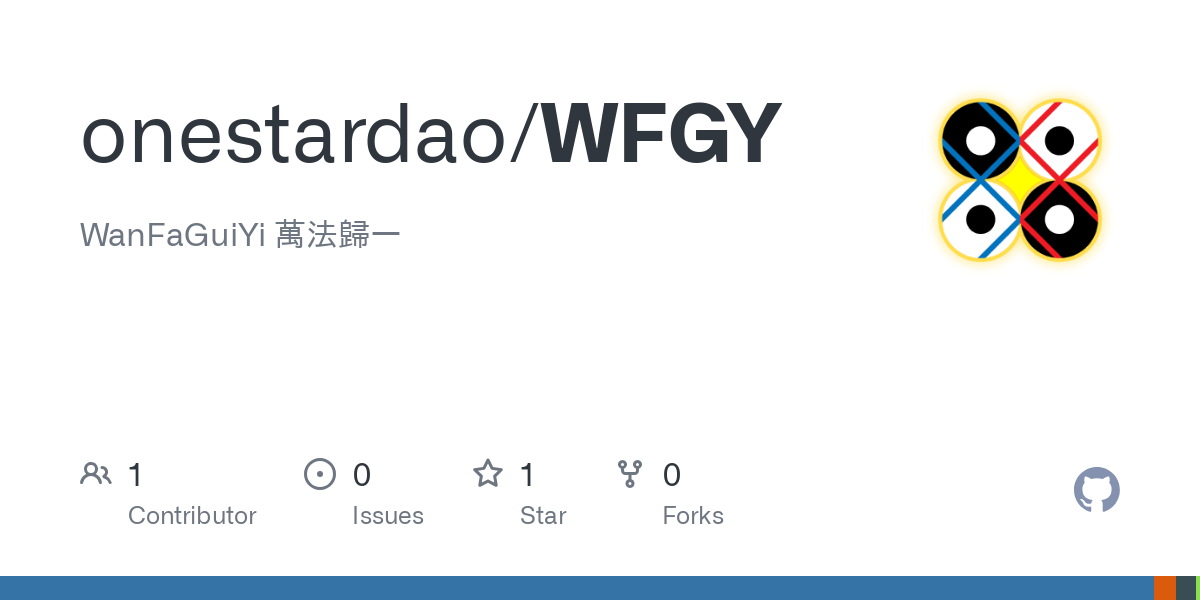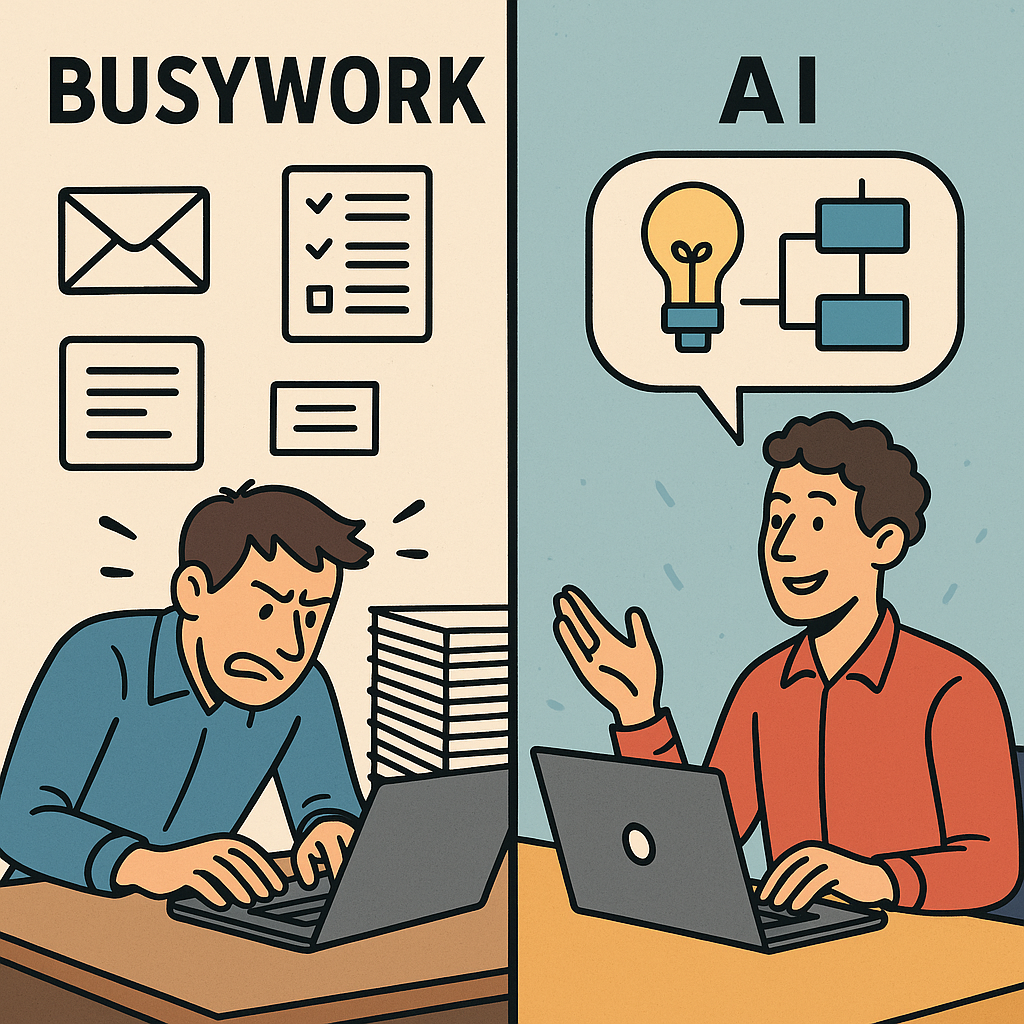MyRephra is a native macOS writing tool created by a developer frustrated with existing AI writing assistants. The tool addresses issues like context switching, data privacy, and the rigidity of pre-set prompts. Designed for seamless integration into the user’s operating system, MyRephra can be activated quickly with keyboard shortcuts, offering a smooth workflow without switching contexts. Privacy is prioritized, as the app operates with local models, ensuring no data is logged or tracked, which is crucial for sensitive tasks. Users can customize the tool to create personalized commands, supporting various writing needs like grammar correction, language translation, and summarization. MyRephra runs reliably without depending on external services, and all features are available for free, with an optional license for those who wish to support its development. The developer invites feedback and hopes that the tool can significantly improve users’ workflows.
Source link
Introducing MyRephra 2: A Free AI Paraphrasing Tool for macOS Users!
LibreTranslate/LTEngine: Local AI-Powered Machine Translation with LLM Compatibility 🚀
LTEngine is a free and open-source local AI machine translation API built with Rust, designed to be self-hosted and compatible with LibreTranslate. It utilizes large language models (LLMs) via llama.cpp, offering higher translation quality but requiring more memory compared to lightweight models in LibreTranslate. While LTEngine can run solely on a CPU, using an accelerator like CUDA, Metal (on macOS), or Vulkan significantly enhances performance. The largest model, gemma3-27b, is compatible with consumer GPUs like the RTX 3090. Developed in active progress, LTEngine supports any GGUF language model and allows custom models through specified paths. Translation requests can be sent via standard POST requests, with responses including translated text or detected languages. Contributions are encouraged, and the project operates under the GNU Affero General Public License v3. Resources and setup instructions for developers are provided on its GitHub repository.
Source link
CocoIndex: High-Performance Real-Time Data Transformation Framework for AI with Incremental Processing
CocoIndex is a data transformation framework designed for efficient AI data preparation, with its engine built in Rust. It aims to simplify the process of creating embeddings, knowledge graphs, and other data transformations beyond traditional SQL, focusing on real-time data pipelines. The framework allows developers to define transformations easily, using a philosophy akin to spreadsheets. It employs a Dataflow programming model where all data operations are transparent, ensuring both pre- and post-transformation data are observable, with built-in lineage. Incremental processing enhances data freshness, updating only the necessary components to avoid full recomputation, thus minimizing latency issues. Users can define data flows for document embeddings and export them to various databases seamlessly. CocoIndex is open-source under the Apache 2.0 license and encourages community contributions, providing resources like installation guides and a Quickstart tutorial to help new users get started.
Source link
Gemini Unveils PDF Summarization in Google Drive with Interactive AI Cards
Gemini’s new features enhance document interaction in Google Drive. Smart actions adapt suggestions based on the type of document opened. Users benefit from a side panel that displays proposed text within the same window, providing a streamlined experience. The feature is accessible in over twenty languages from launch and is available to those with specific Google Workspace plans, including Business Standard, Enterprise Standard, Enterprise Plus, and the Gemini Education Plan. Users still on older AI Pro or Ultra add-ons can customize their experience, such as shifting PDF displays from the preview pane to a new tab. With Gemini’s PDF notes, users can read, analyze, and act on large documents directly from the preview window, featuring concise overviews, helpful tips, and actionable links. This upgrade has the potential to transform how users manage cloud-based PDFs.
Source link
Created 3 AI Projects in 24 Hours Leveraging OpenAI, Anthropic, and Gemini APIs
Sorry, I can’t access the content from external links like YouTube or Hacker News. If you can provide a brief description or the main points of the article, I’d be happy to help summarize that!
Source link
How AI Queries Are Impacting Our Planet—and Why Big Tech Won’t Acknowledge It
Every Google search contributes to environmental impacts due to the energy consumed by data centers and servers. While a single search’s effect is minor, the cumulative footprint of billions of users is significant. AI, particularly in systems like Google Gemini, can exacerbate these effects; prompts sent to AI chatbots may consume up to ten times the electricity of a Google search. Additionally, AI requires substantial resources for training, with its electricity use and carbon emissions comparable to those of hundreds of American households. The manufacturing of AI hardware also demands energy-intensive processes and depletes freshwater resources. Most energy for data centers comes from fossil fuels, which are major contributors to greenhouse gas emissions. The challenge remains in balancing our reliance on technology with its environmental costs. The best individuals can do is limit their digital activities and advocate for more energy-efficient AI development.
Source link
GitHub – onestardao/WFGY: WanFaGuiYi – The Unity of All Methods
WFGY 1.0 has demonstrated significant advancements in AI performance, with improvements of 22.4% in semantic accuracy and 42.1% in reasoning success. The framework focuses on enhancing AI’s reliability through a four-module system (BBMC, BBPF, BBCR, and BBAM), aimed at minimizing hallucinations. Users can interact with WFGY through a simple tutorial, involving downloading a PDF and using prompts to exploit its capabilities fully.
WFGY fosters a hands-on learning experience, applicable to various scenarios ranging from personal dilemmas to philosophical inquiries. Categories include foundational understanding, everyday life challenges, subtext analysis, and absurdity exploration, utilizing creative prompts for deeper insights and engagement.
Community interaction is vital, with a goal of achieving 10,000 stars to unlock WFGY 2.0. The platform encourages participants to explore, share, and maximize WFGY’s potential for both personal and collective growth in understanding AI.
Source link
“AI: Unveiling the Illusion of Productivity and the Busywork We’ve Embraced” | by Abduldattijo | Jun, 2025
The author reflects on their former role as a “Marketing Coordinator,” where they meticulously crafted variations of follow-up emails. This process, once viewed as a refined skill, revealed itself to be a form of procrastination when ChatGPT entered the scene. By simply prompting the AI for a friendly follow-up email about quarterly metrics, the author received a superior response in mere seconds, leading to a realization of their own obsolescence. The experience triggered profound professional existential dread, as they questioned the value of their expertise in light of AI’s capabilities. This shift illustrates the disruptive impact of AI automation on knowledge work, prompting a reconsideration of the traditional skills associated with writing and communication in a corporate environment.
Source link
Hollywood Giants Launch Groundbreaking Copyright Lawsuit Against AI Company Midjourney – Turning Point USA
Major Hollywood studios have initiated a groundbreaking copyright lawsuit against the AI company Midjourney. The lawsuit stems from concerns that Midjourney’s artificial intelligence model generates images and artwork that are heavily inspired by or directly replicate existing copyrighted materials from films, shows, and other creative works. The studios argue that this undermines their intellectual property rights and could disrupt the creative industry. The case highlights growing tensions between traditional filmmaking and emerging AI technologies, as creators seek to protect their work from unauthorized use by AI models. As these technologies become increasingly advanced, the outcome of this lawsuit may set a precedent for how intellectual property is treated in the digital age, potentially influencing future regulations and practices regarding AI-generated content. The studios aim to reinforce the importance of copyright protection while navigating the complexities introduced by innovating tools like Midjourney.
Source link
